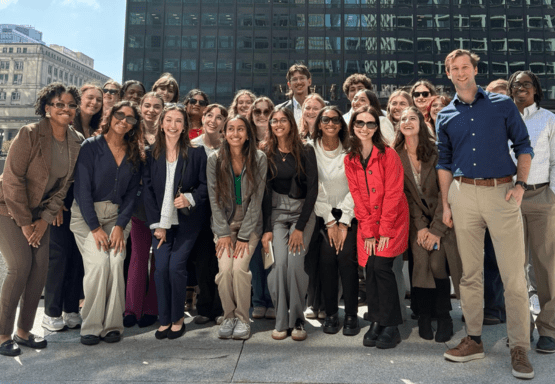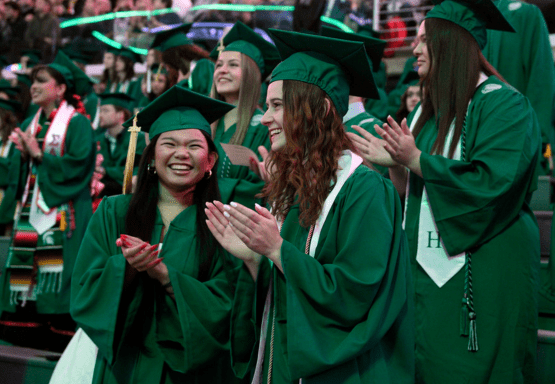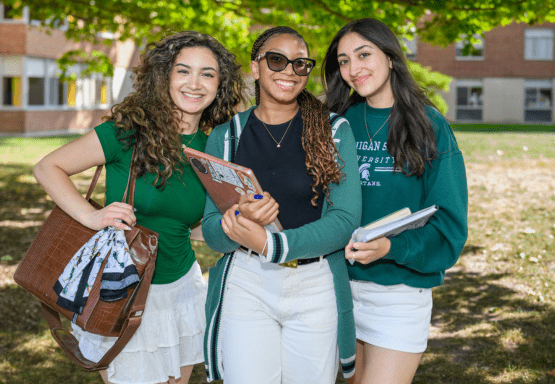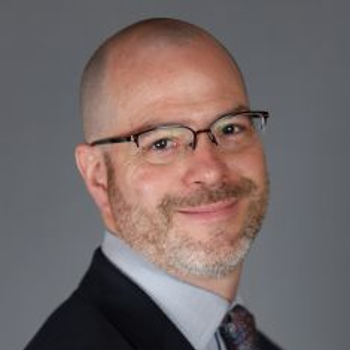 Russell E. Lucas is a professor of international relations in James Madison College, and global studies in the College of Arts and Letters. He has previously served as the director of the Global Studies in the Arts and Humanities Program and is a core faculty member of the Muslim Studies program. This year marks Lucas’s first time helping to organize the MSU Muslim Studies Conference. The initial idea for this year’s conference theme stems from his research in journals like the "British Journal of Political Science" (2021) or "Middle Eastern Studies" (2021) and as part of a Qatar National Research Fund grant.
Russell E. Lucas is a professor of international relations in James Madison College, and global studies in the College of Arts and Letters. He has previously served as the director of the Global Studies in the Arts and Humanities Program and is a core faculty member of the Muslim Studies program. This year marks Lucas’s first time helping to organize the MSU Muslim Studies Conference. The initial idea for this year’s conference theme stems from his research in journals like the "British Journal of Political Science" (2021) or "Middle Eastern Studies" (2021) and as part of a Qatar National Research Fund grant.
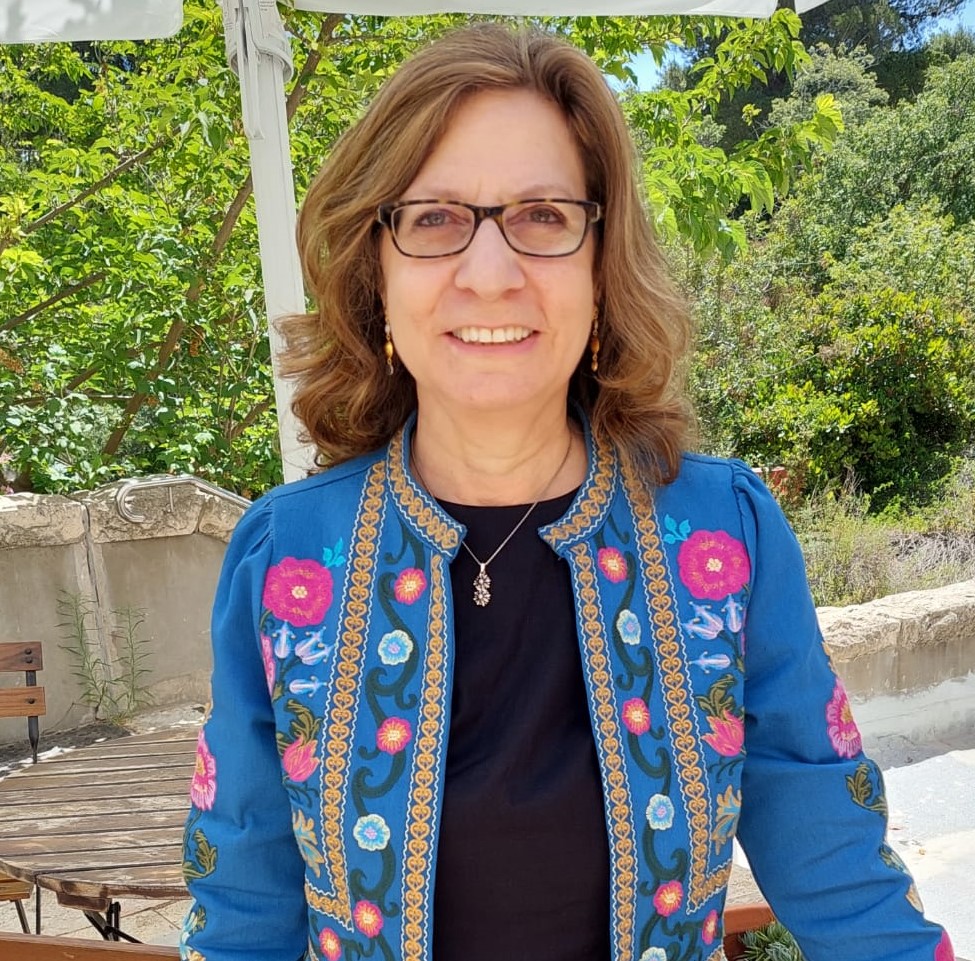 Camelia Suleiman is an associate professor in the Department of Linguistics, Languages and Cultures in the College of Arts and Letters. She is a core faculty member of the Center for Gender in a Global Context, Global Studies in the Arts and Humanities, and the Muslim Studies program. Suleiman co-organized the 2018 MSU Muslim Studies conference that resulted in a special issue of the “Journal of Religion and Culture” in 2021 on “Locating Muslim Cinema.” She recently published “Arabic Between State and Nation” (Liverpool University Press, 2022).
Camelia Suleiman is an associate professor in the Department of Linguistics, Languages and Cultures in the College of Arts and Letters. She is a core faculty member of the Center for Gender in a Global Context, Global Studies in the Arts and Humanities, and the Muslim Studies program. Suleiman co-organized the 2018 MSU Muslim Studies conference that resulted in a special issue of the “Journal of Religion and Culture” in 2021 on “Locating Muslim Cinema.” She recently published “Arabic Between State and Nation” (Liverpool University Press, 2022).
For the last fifteen years, Michigan State University’s Muslim Studies Program has hosted an annual conference inviting participants and attendees to investigate different themes pertaining to Muslim people around the world. This year the conference is entitled “Measuring Muslim Publics: Curves, Columns, Spheres and Squares,” and is organized to explore what scholars mean when using the term “public” and to provide a research-based forum that is both cross-regional and interdisciplinary.
This conference examines who is ‘the public’ in public opinion? What effect does it have on politics? These questions have received a great deal of attention by scholars of American and European contexts where their contributions have taken on a universalistic overtone. Are these generalized assumptions valid in other societies – notably in Muslim-majority or minority contexts? In addressing these questions, this conference aims to contribute to the interdisciplinary study of public opinion and ‘the public’ in Muslim contexts inside and outside of the Muslim world.
Previous research on public opinion and the public often takes on one of the following metaphorical shapes in different disciplines. Survey research combines individual attitudes into curves, measuring supplies of cultural values and of political demands. Media studies interpret the public through the writing of columns by journalists and their contemporary electronic equivalents. Social movement theories investigate the contentious social and political behavior of protest and demonstrations in city squares. Theories of public spheres investigate both the discourses that shape collective norms and the institutional settings they reside in. Our intent is to start bridging gaps in scholarship.
This year’s conference features 14 research presentations from scholars around the globe, representing a range of disciplines that include architecture, media studies, political science and women’s studies. Our keynote speakers, Dr. Amaney Jamal of Princeton University and Dr. Mark Tessler of the University of Michigan, are some of the world’s leading experts on public opinion research in the Middle East. Both are among the founders of the Arab Barometer polls.
Other presenters will join us from universities across the U.S. as well as from six different countries. The hybrid format takes place both in-person and virtually Thursday, Feb, 23, 2023. Four different panels address how the study of publics and public opinion are useful in investigating topics like gender, religion, the media and social science theory itself.
Register to participate virtually, view the schedule online or attend in person at the MSU International Center.
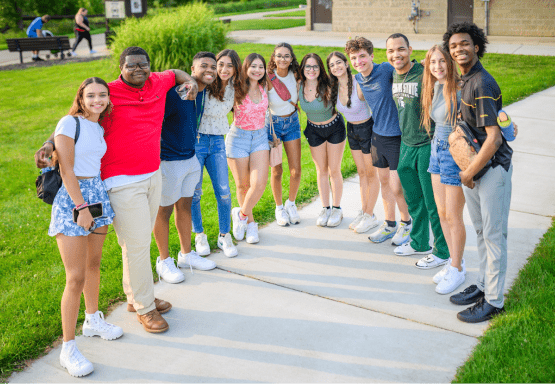
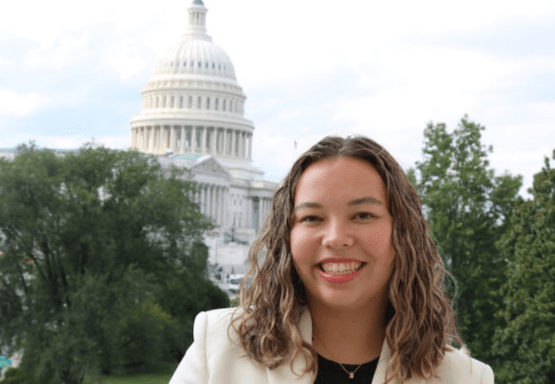
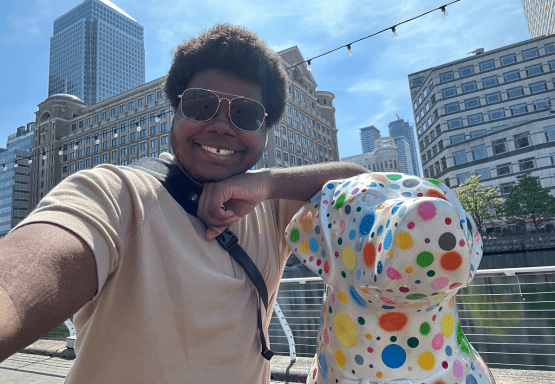
.png?h=384&iar=0&w=555)
